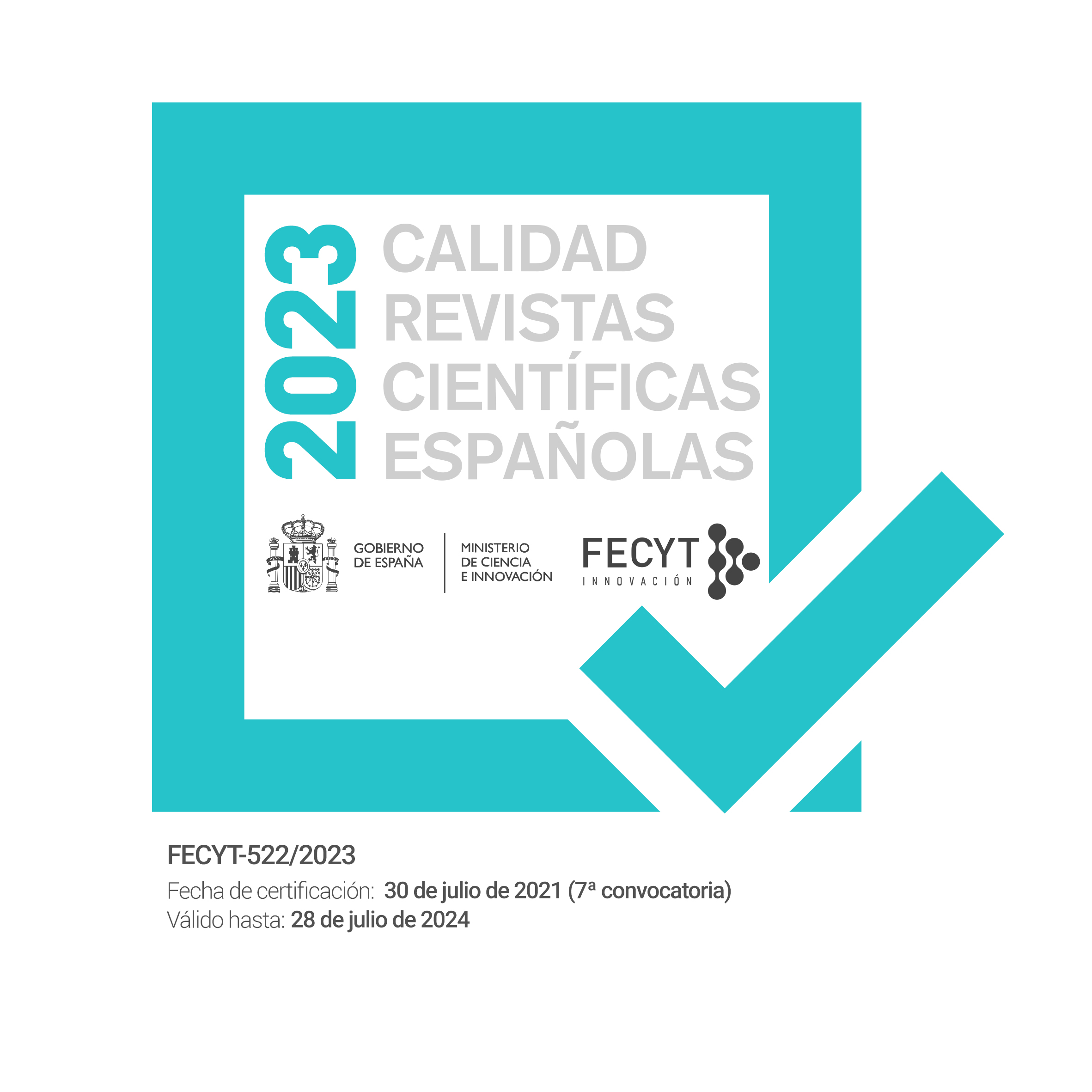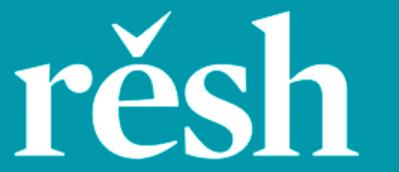Standardized testing and the promise of progress
Resumen
Abstract
In light of the constantly expanding use of standardized tests (STs) not only in industrialized countries but also in developing nations, this article seeks to offer some reflections on the assessment path that educational systems across the world are taking. In unpacking the STs we must not take for granted a number of aspects of standardized tests—from their construction and application to their unintended consequences. The article proceeds in four distinct but interrelated parts: (1) understanding the assumptions and process in the development of STs, (2) probing the assumptions underlying the use of STs, (3) recognizing that STs are limited in what they can tell teachers about how to improve their instructional practices, and (4) forming a broader philosophical critique about how knowledge transmission should be measured and by whom. There are multiple procedures and features that render STs an easy–to-use assessment tool for student learning. However, assumptions used test design create considerable distance between their construction and any measurement of ability to teach. This distance impedes the use of STs as practical tools to improve instruction. Nonetheless, the testing industry in the US is solid and there are global efforts underway not only to expand the application from pre-Kindergarten to secondary schools but also to the university level.
Palabras clave
Texto completo:
PDFEnlaces refback
- No hay ningún enlace refback.
Revista de Sociología de la Educación - RASE
ISSN: 2605-1923 (anterior ISSN: 1988-7302)
raserevista@gmail.com

Las publicaciones de la RASE tienen Licencia Creative Commons Reconocimiento-NoComercial-CompartirIgual 4.0 Internacional.












